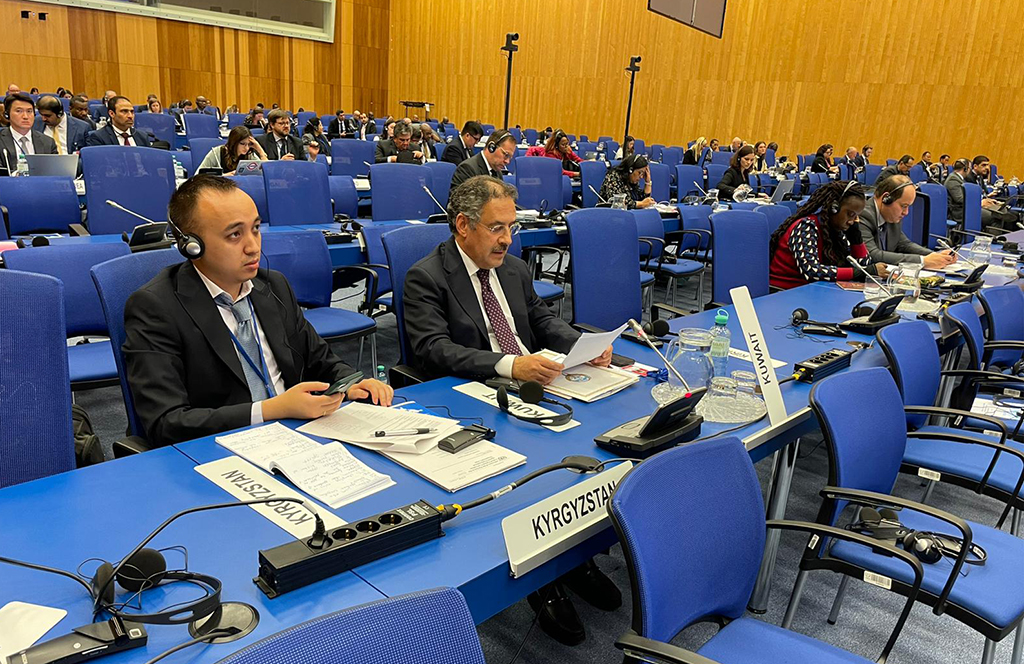VIENNA: Kuwait on Wednesday called for global collective action to combat the alarming spread of crimes of trafficking in persons and smuggling of migrants and to eliminate all forms and manifestations of this phenomenon. States also must have their national strategies to serve as a cornerstone for eliminating this global phenomenon, Kuwait's Attorney General Bader Al-Massad said during his participation in a UN meeting to review the implementation of the Protocol to Prevent, Suppress and Punish Trafficking in Persons, Especially Women and Children.
The event was held within the framework of the meetings of the Eleventh Session of the Conference of the State Parties to the United Nations Convention against Organized Crime. He stressed that a national strategy would provide effective mechanisms to ensure optimal implementation of national laws and coordination between the competent authorities in the state in dealing with this problem.
Massad pointed out that Kuwait approved a national strategy for combatting trafficking in persons and smuggling of migrants. This strategy tackled the different aspects of the problem, notably prevention, protection, building partnerships and internal, regional and international cooperation. In 2013, Kuwait issued law no. 91 on fighting trafficking in persons and smuggling of migrants. The law criminalizes human trafficking and sets harsh penalties on traffickers and complicit persons, he noted.
Massad added that Kuwait issued this year the domestic workers law which regulates this profession and guarantees the rights of workers. He concluded by saying that the constitution of Kuwait guarantees freedom of litigation at all levels and degrees without discrimination and ensures fairness and compensation for victims of human trafficking crimes.
The United Nations Convention against Transnational Organized Crime, adopted by General Assembly resolution 55/25 of 15 Nov 2000, is the main international instrument in the fight against transnational organized crime. The convention is further supplemented by three protocols, which target specific areas and manifestations of organized crime: The protocol to prevent, suppress and punish trafficking in persons, especially women and children; the protocol against the smuggling of migrants by land, sea and air; and the protocol against the illicit manufacturing of and trafficking in firearms, their parts and components and ammunition. - KUNA











